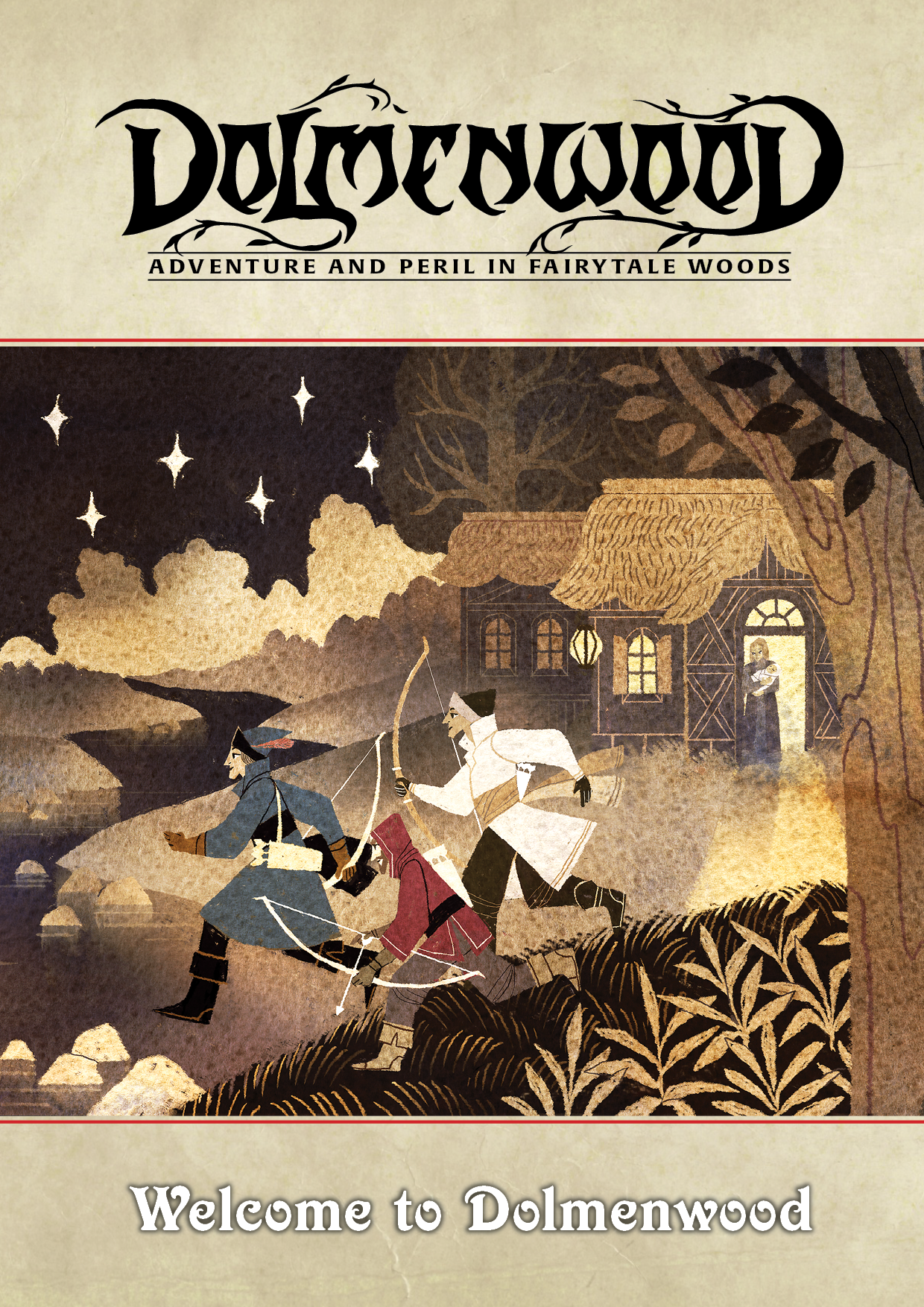It's a bit of a loaded question. Everything should always be as easy to learn as it can be made without leaving out necessary detail. One might as well say, "Should fast food be healthier?" or the like. Broadly understood, the answer is trivially yes; narrowly understood, the answer is always
so dependent on the specific details of the execution that a general answer is impossible. I mean, for goodness' sake,
THAC0 was meant to make it easier to do attack rolls so people didn't have to memorize tables or constantly flip pages!
TL;DR: Either the answer is trivial and unhelpful (always "yes") or impossible to specify (many implementations "NO!")
----
That said, while the opening question isn't helpful, the underlying idea is plenty helpful: "What are
useful ways to make D&D easier to learn?" Answering it is difficult, but any time we
can give an answer, it is a major victory in game design.
Personally, I think the OP proposal is flawed for one really big reason, which has been painfully illustrated by 5e:
EVERYONE will play as though "Level 1" is the correct starting point for all characters. Now, I know that that statement is hyperbolic--I've seen, even participated, in groups that didn't start at level 1. But the vast,
vast, vast majority of groups doggedly insist that you ABSOLUTELY HAVE to start at level 1. Why? Because it's 1! 1 is first! Why WOULDN'T you start at 1? That's where things start (unless you're into comp-sci and say they start at 0.) First-level characters are fragile and lacking their kit? Who cares! IT'S LEVEL ONE, START AT LEVEL ONE!!! (Yes, I have a chip on my shoulder after this EXACT issue was the primary cause of not one but two unrelated groups falling apart.)
Further, as noted, first-level characters are
fragile. That's....kind of a problem when this is supposed to be the part of the game where people are learning, aka, making lots of mistakes and lacking the experience to make wise judgments or effective course-corrections. It's all well and good to say "give people a challenge!" but the fact of the matter is, if you make the early experience brutally hard, you're going to
lose people, not teach them. That doesn't mean you should (to trot out the many loaded phrases people like to invoke) treat new players with "kid gloves" or put "training wheels" on them or engage in "hand-holding." Instead, it means that the design should take into account the fact that new players need to be given solid reasons to stick with it even when things don't go well and need to know that they can make SOME mistakes without suffering for it, so that they can actually
learn and
develop as opposed to having to constantly start from square one every single time they err.
As a result of this and other things, I think the OP's approach has the right idea but the wrong execution. It shouldn't be "level 1, make ONLY choice X, level 2 make ONLY choice Y, and after N levels you finally have a complete character." Instead, level 1 should be synonymous with having made all of those decisions....and then there should be robust, well-designed, carefully-considered, fully-supported rules which gradually lead up to that point. The usual term for this approach is "novice levels" (also "zero levels," "apprentice tier" or other, similar things.)
Novice levels provide five key benefits, if they are well-designed:
- Relevant to the thread, they make D&D easier to teach/learn. Digestible chunks to smooth the journey.
- They support "old school" players who want a fully-supported "zero to hero" model. Given these players have been under-served by D&D for many years, this is a significant boon.
- They force designers to consider design elements (races, abilities, classes, backgrounds, etc.) both individually and as combinatorial options, which is really important for mitigating a number of common TTRPG design errors.
- They recognize the common-sense logic that most players apply, which is that "first level" is where the game begins, while still addressing the need for variable starting competency.
- They allow for much more piecemeal, incremental advancement "between" levels, supporting players who appreciate the current power structure but want a more gradual growth curve.
I am 100% convinced that D&D should build novice levels into its structure for all future editions, updates, and other things. These levels should be baked into the core of the game, not just some supplement two years in. They should be
fully supported, flexible, and adaptable to both nurturing brand-new players (avoiding "quit" points and enhancing their ability to learn and engage) and to supporting anyone, whether long-time or new players, who would like a more challenging, by-your-bootstraps early play experience.
This is, of course, dependent on these "novice levels" actually being well-designed. To accomplish these goals, novice levels would need to: be written up in both the PHB and DMG and included in any SRD-type offerings (so there's no doubt as to whether they are a valid, core option), be scalable to all levels of play (not just confined to the "0"-1 range), include robust tools for appropriate encounter design (to account for both first-time-learning and challenge-seeking players), sufficiently open-ended so that new content smoothly integrates (not hardcoded to whatever options are initially available), and well-explained for both players and DMs. Each of these requirements is a challenge, but I am confident that a focused design team, doing serious playtesting with well-designed surveys and actual statistical analysis, would be up to the challenge.
It is rare, in game design, for a single mechanic or subsystem to genuinely have the potential to solve multiple distinct problems in one go, much less distinct problems that seem to be irreconcilable. Novice levels are such a mechanic, and they absolutely should be implemented in all future updates to D&D.



